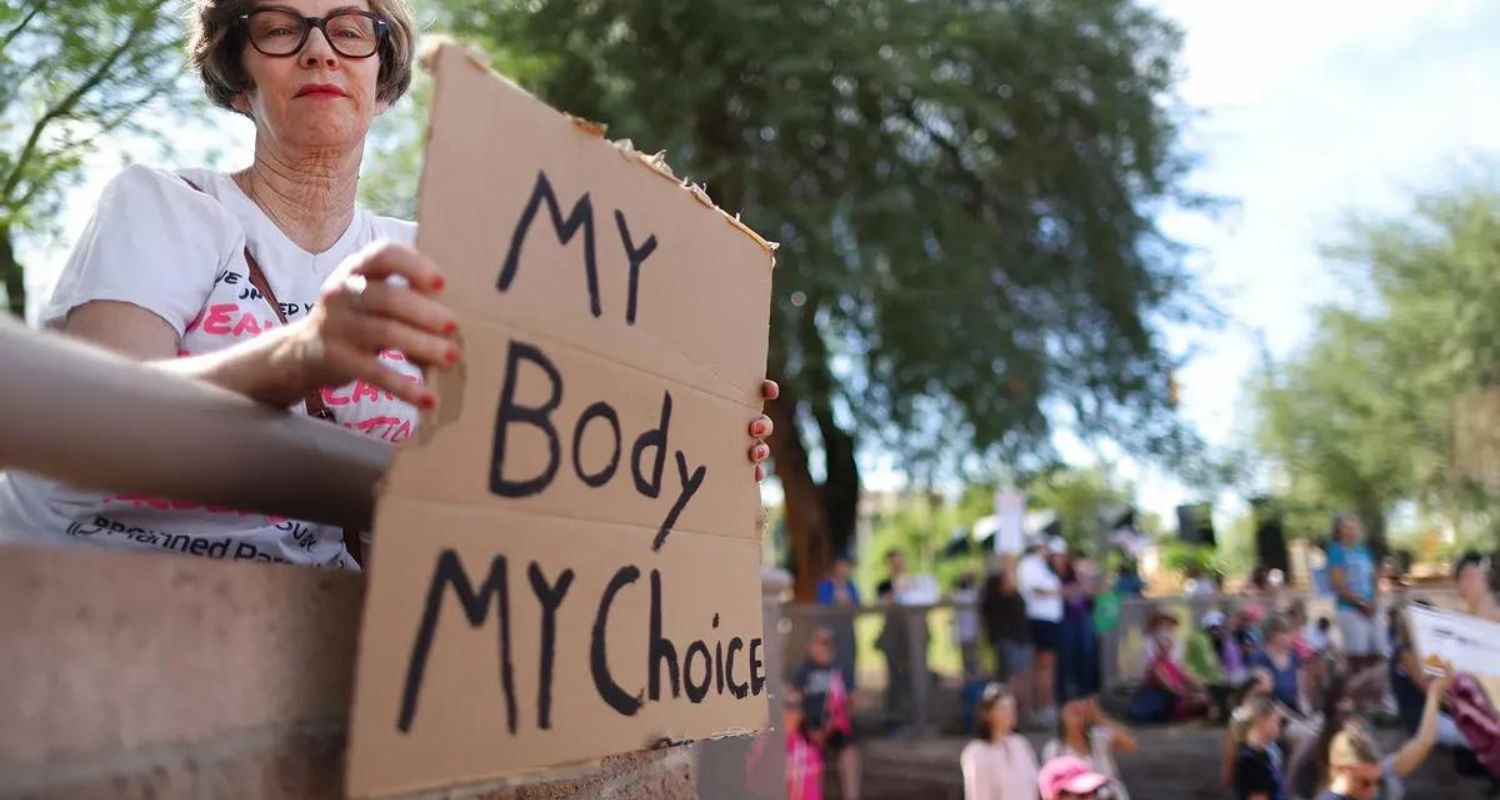The recent decision by the Arizona Supreme Court to enforce a 160-year-old anti-abortion statute has sparked new discussions about reproductive rights. This historic ruling brings attention to the case’s details and demands a serious analysis of its ramifications.
Proponents on both sides of the abortion debate examine the implications for law and ethics, while society considers more general issues such government interference and individual autonomy.
The state’s need to enforce this historic law has far-reaching effects that are influencing the national conversation on women’s reproductive rights, even outside Arizona. This decision provides a focus for further thought and action in the ongoing fight for reproductive justice.
Origins of the Law
The relevant statute dates to 1864, which was before Arizona became a state. It was formally codified in 1901. It places severe limitations on abortion, permitting it only in situations when it is judged necessary to preserve the life of the expectant mother. Breaching this legislation results in serious penalties, with abortion providers fearing imprisonment as a penalty.
Arizona Joins Ranks of Strict Abortion Laws
The relevant statute dates to 1864, which was before Arizona became a state. It was formally codified in 1901. It places severe limitations on abortion, permitting it only in situations when it is judged necessary to preserve the life of the expectant mother. Breaching this legislation results in serious penalties, with abortion providers fearing imprisonment as a penalty.
Court’s Decision and Implications
The 4-2 decision by the Arizona Supreme Court upholds the law’s enforcement and signals a significant shift in the state’s abortion policy.
This ruling comes in the midst of ongoing legal disputes following the US Supreme Court’s decision to overturn Roe v. Wade, which removed the federal government’s constitutional protection for the right to an abortion.
The majority ruling categorically declares that all abortions are now illegal, with the exception of situations in which an abortion is required to save a woman’s life. Furthermore, those who support reproductive rights are concerned that abortions performed after the 15th week of pregnancy could result in criminal consequences.
Officials and Activists Responses
Attorney General Kris Mayes of Arizona has declared that she will not pursue legal action against women or doctors, emphasising her commitment to defending the right to an unborn child. However, some claim that the decision creates a dangerous precedent that diminishes women’s control over their bodies.
Governor Katie Hobbs, a Democrat, denounced the ruling, highlighting the ongoing struggle for the right to an unborn child. President Joe Biden expressed concern about the potentially harmful effects of the restricted law on women’s autonomy and health, echoing the same thoughts.
The contrasting answers highlight the heated discussion over reproductive rights and the far-reaching effects of the court’s ruling.
Participation and Advocacy of Voters
In the midst of legal upheaval, Arizona voters are primed to influence the debate. Advocacy groups are rallying to introduce a ballot measure during the November 2024 elections, seeking to cement abortion rights within the state constitution.
This grassroots movement mirrors a larger nationwide trend, as activists endeavor to empower voters and counter restrictive state policies through direct democracy.
Conclusion
In the ongoing fight for reproductive rights, the Arizona Supreme Court’s decision is a turning point. As the legal landscape is changing, interested parties on both sides of the dispute must navigate an unknown terrain while promoting their positions and working to sway laws that uphold their values.
The trajectory of reproductive rights for future generations is being shaped by the constant change in the terrain, which emphasises the need for engagement and activism.

